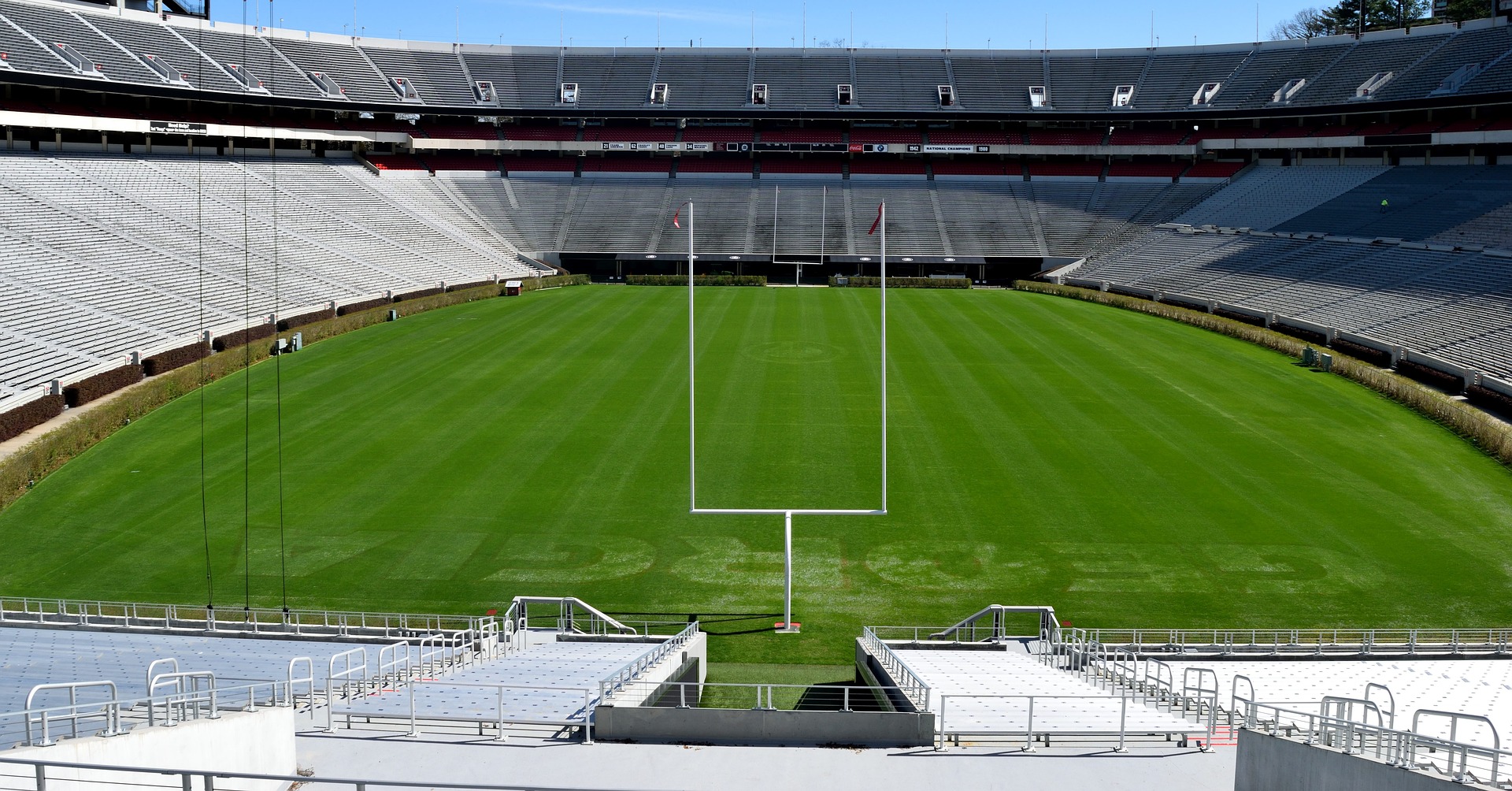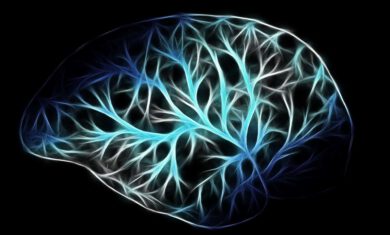I’ve talked about this idea a good bit on here, but it’s one that I continually struggle to understand myself. Much of this comes from Annie Duke, with thoughts like:
Don’t be so hard on yourself when things go badly and don’t be so proud of yourself when they go well.
An article in Psychology Today from a few years ago lays it out very nicely. Their entire article is fantastic and worth reading, but their main point is:
To ascertain whether a decision is good or not, the focus should be on the decision-making process, not on outcomes.
It’s interesting to me while I write this, because I have a football game going on the TV at the same time, which tends to lend itself to a lot of decisions. It’s so easy in sports to decide on the quality of a decision once you’ve seen the outcome, but a good coach can’t look at that way. If your kicker shanks a 28-yard field goal, it was still likely a good decision to try the kick. If you see it as a bad decision, will you opt not to take the next short field goal opportunity that comes your way?
That’s not to say you can’t learn from decisions that go poorly. Perhaps your kicker has a pulled muscle, and you really shouldn’t try the kick next time. Your first decision was wise, based on the information you had at the time, but now your next decision can learn from it.
Don’t base your next decision solely on the the outcome of the previous one, but you can certainly use that data to influence what you do next.




